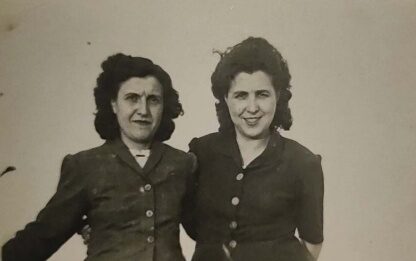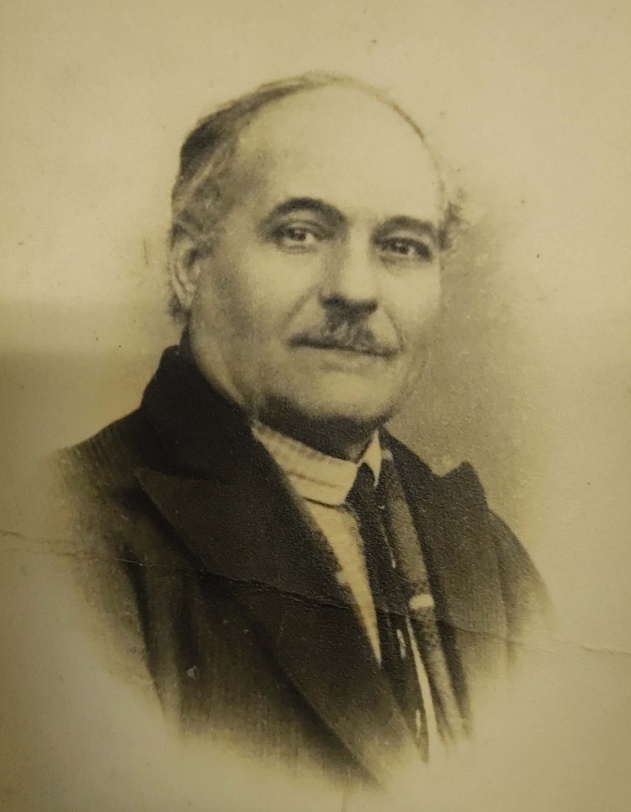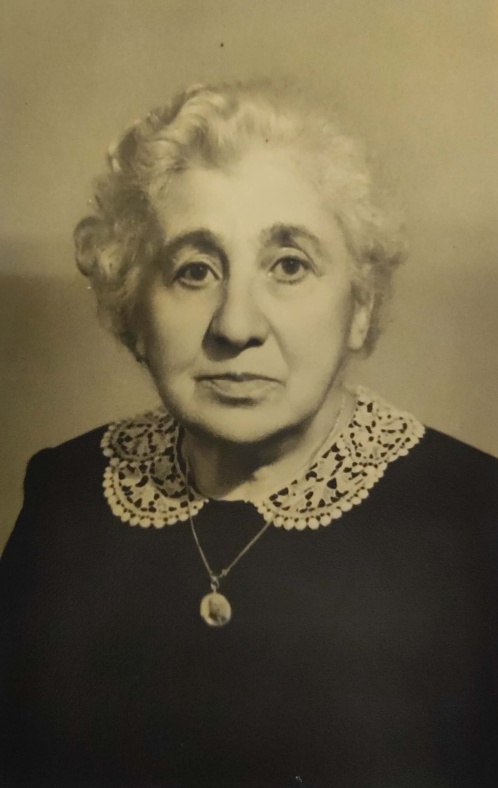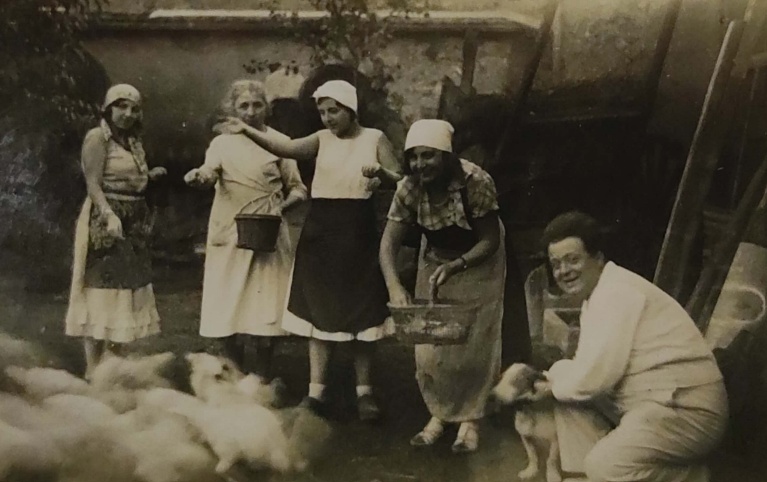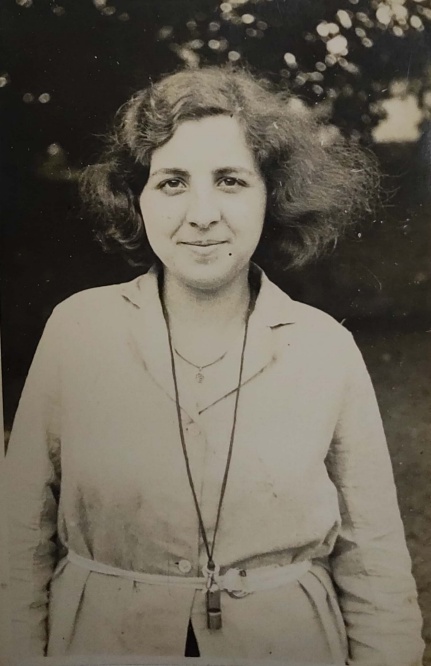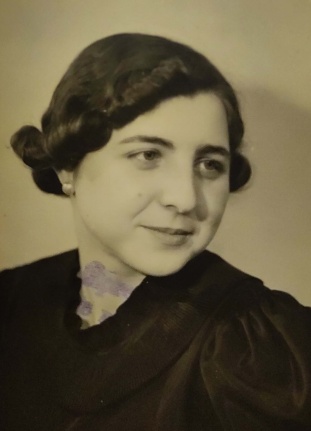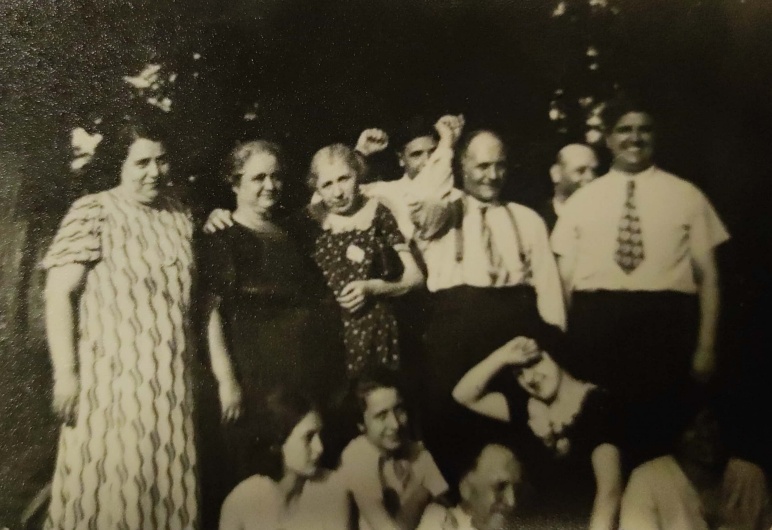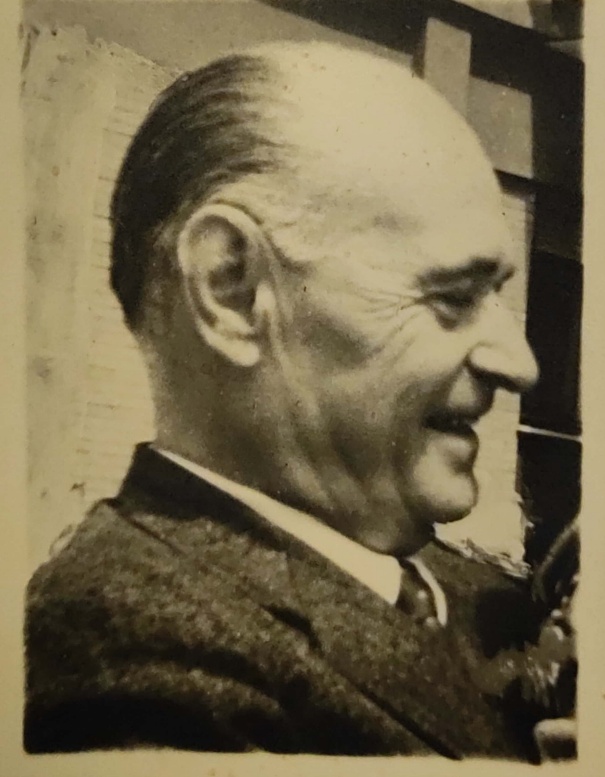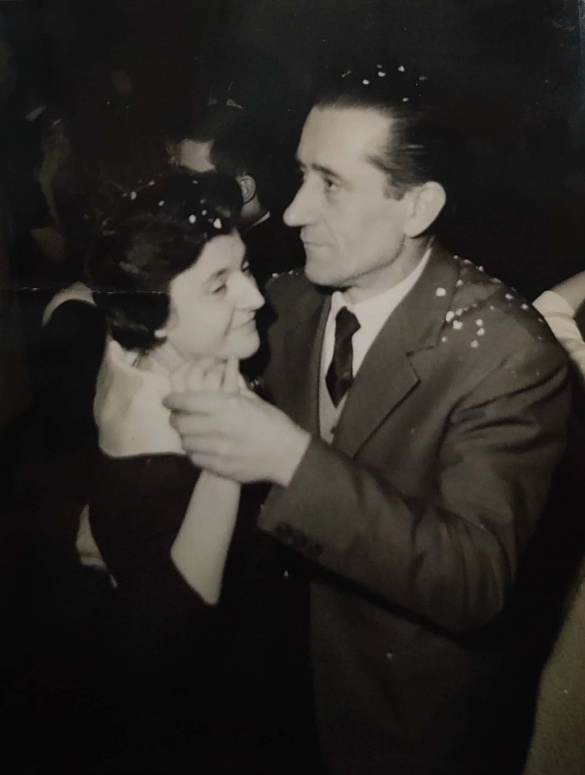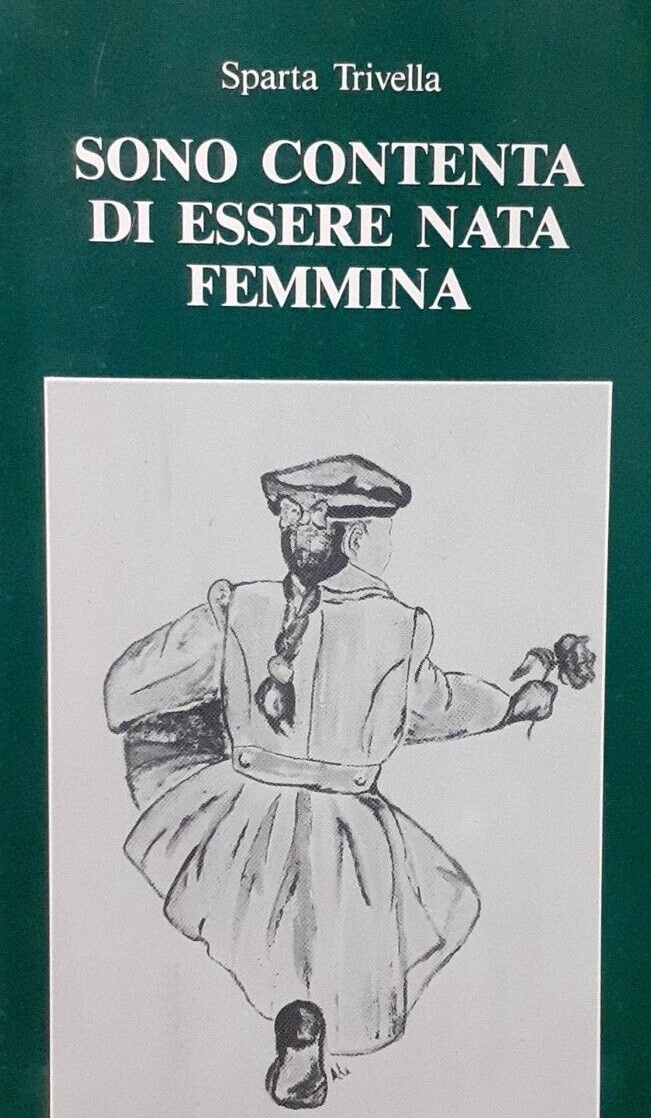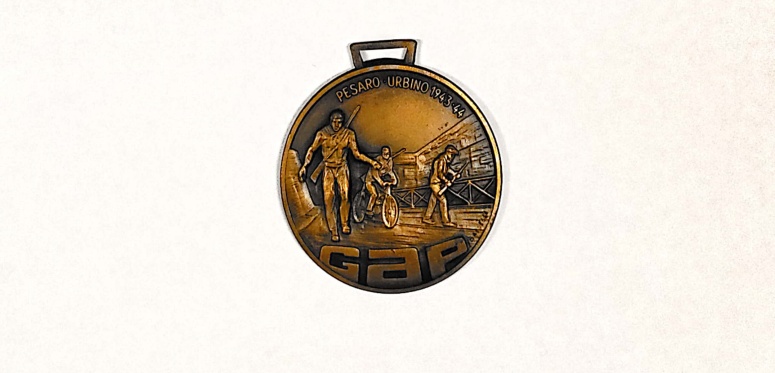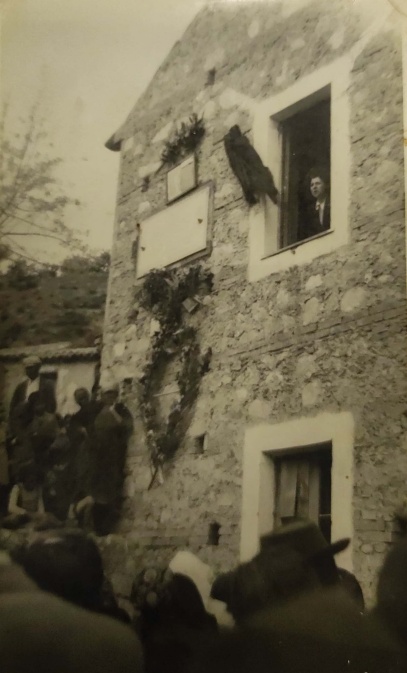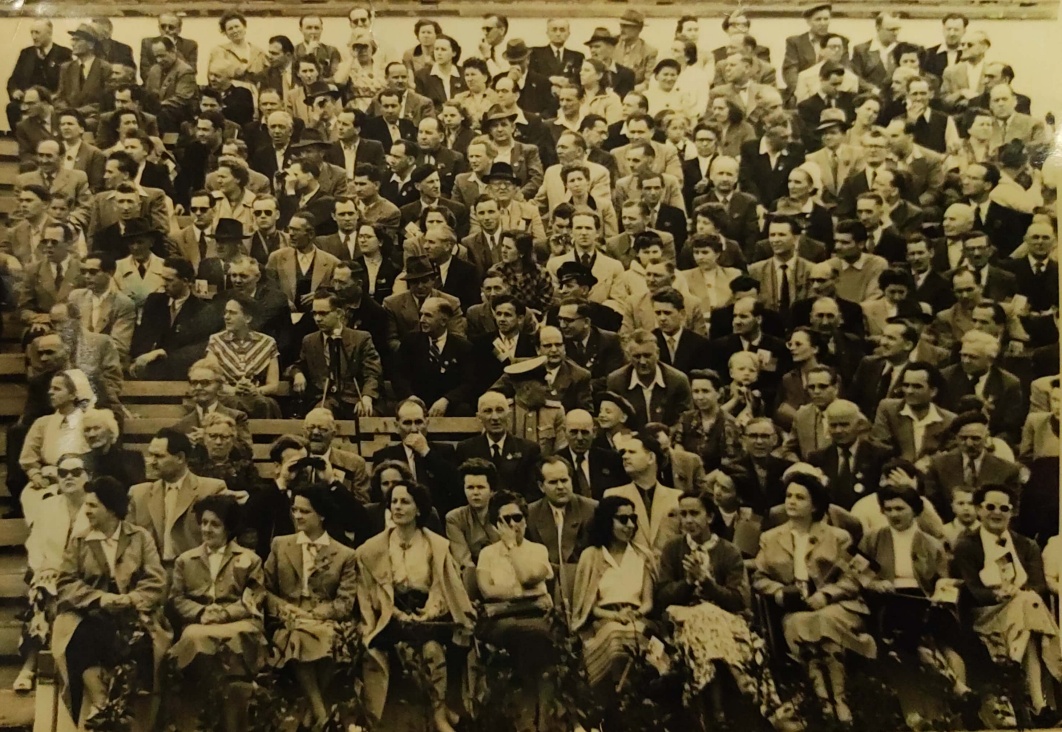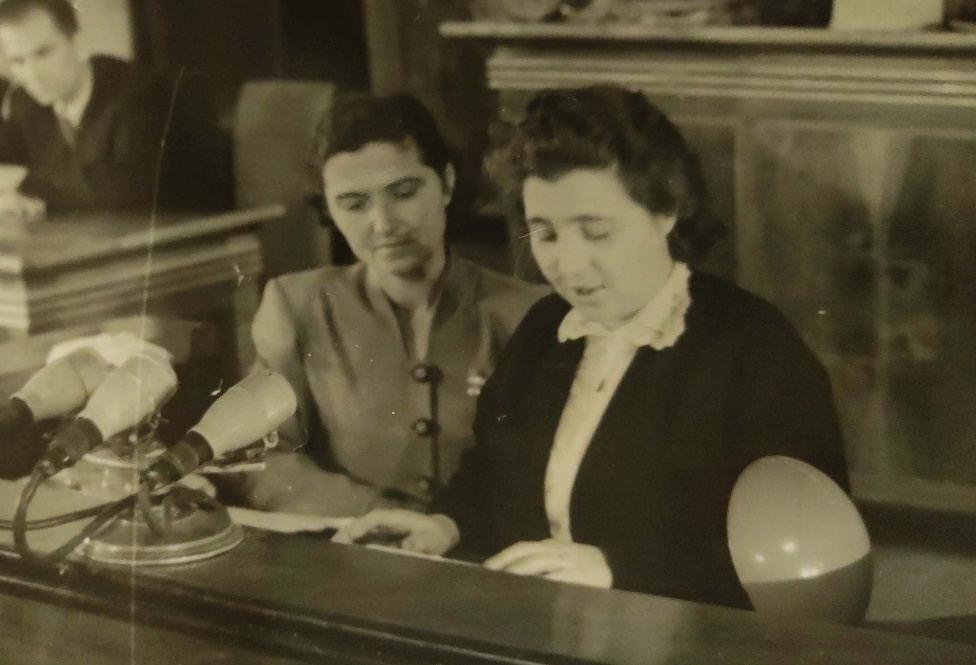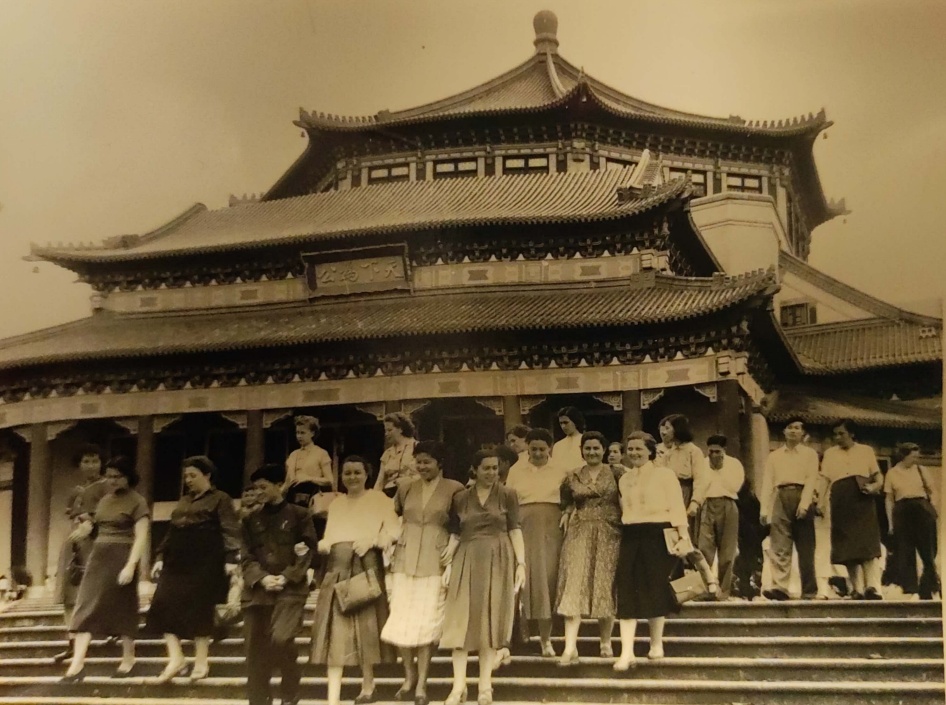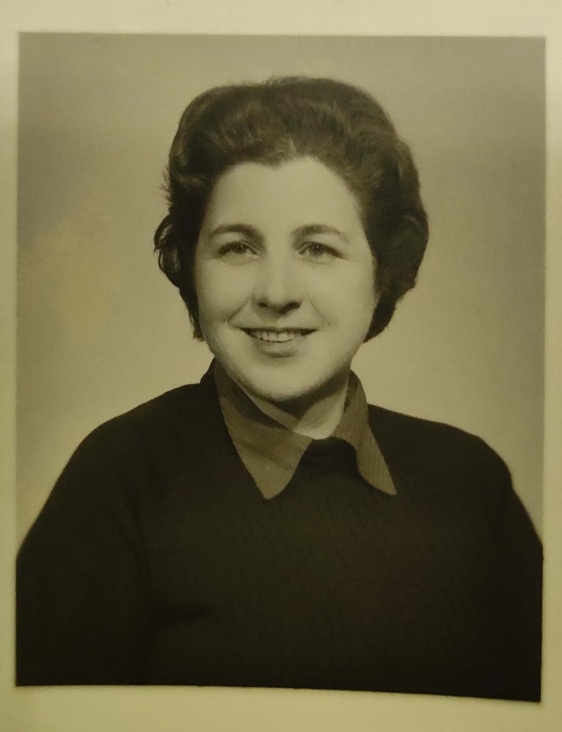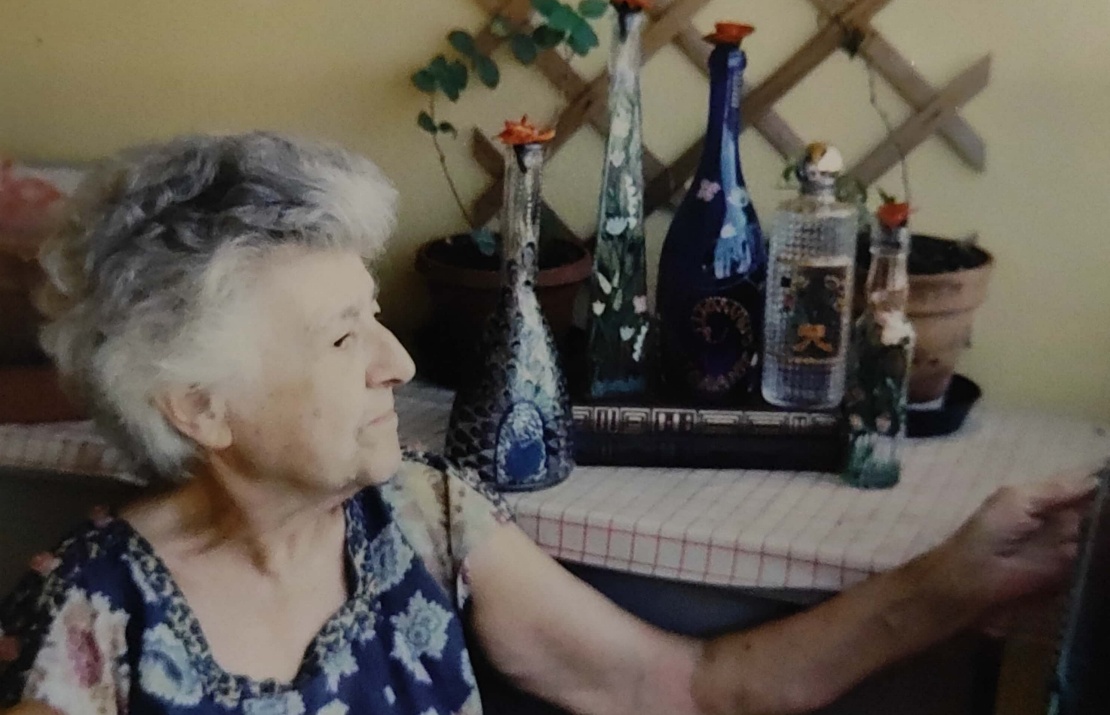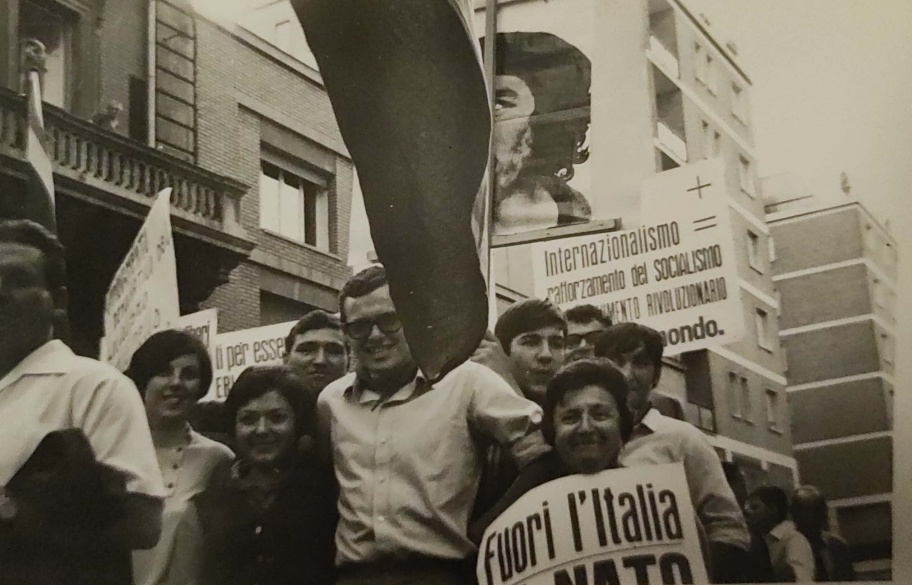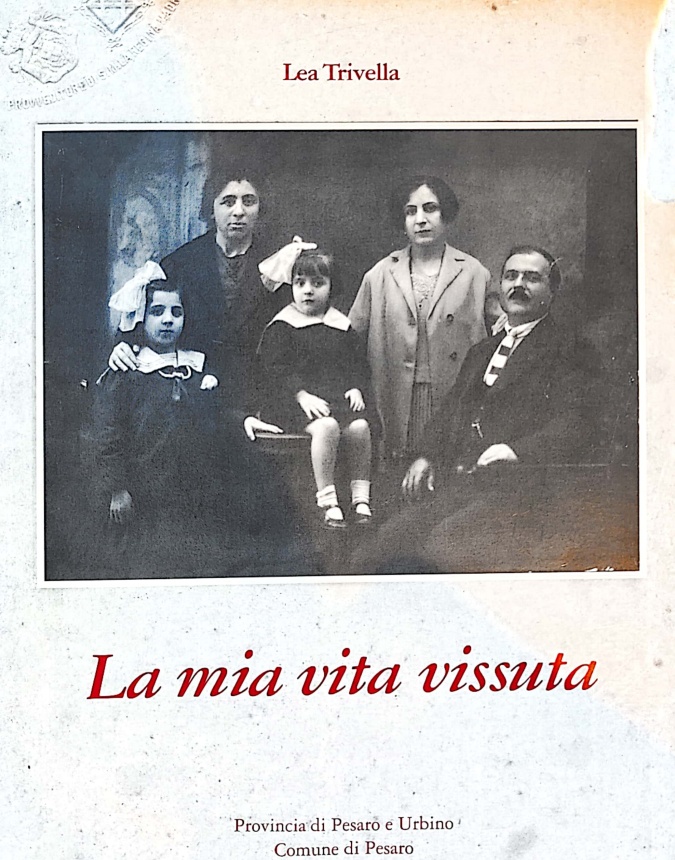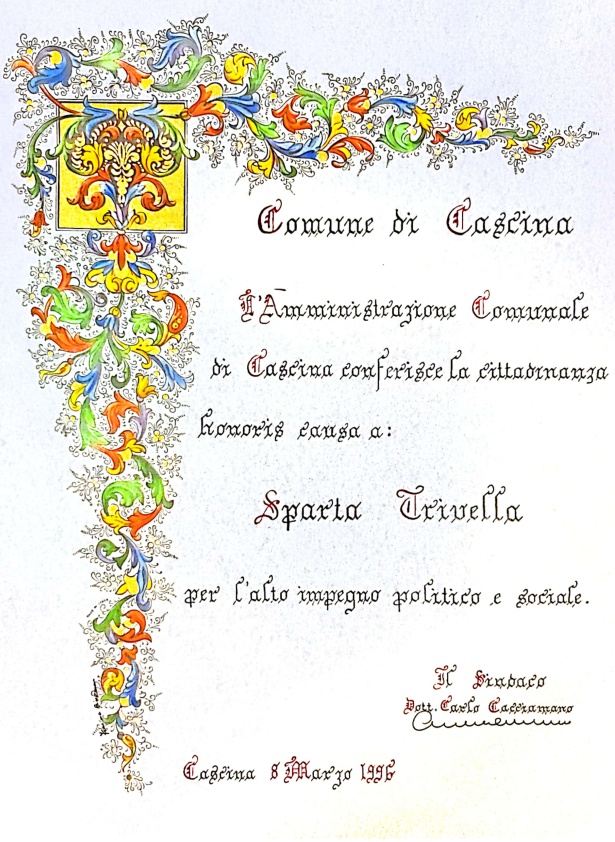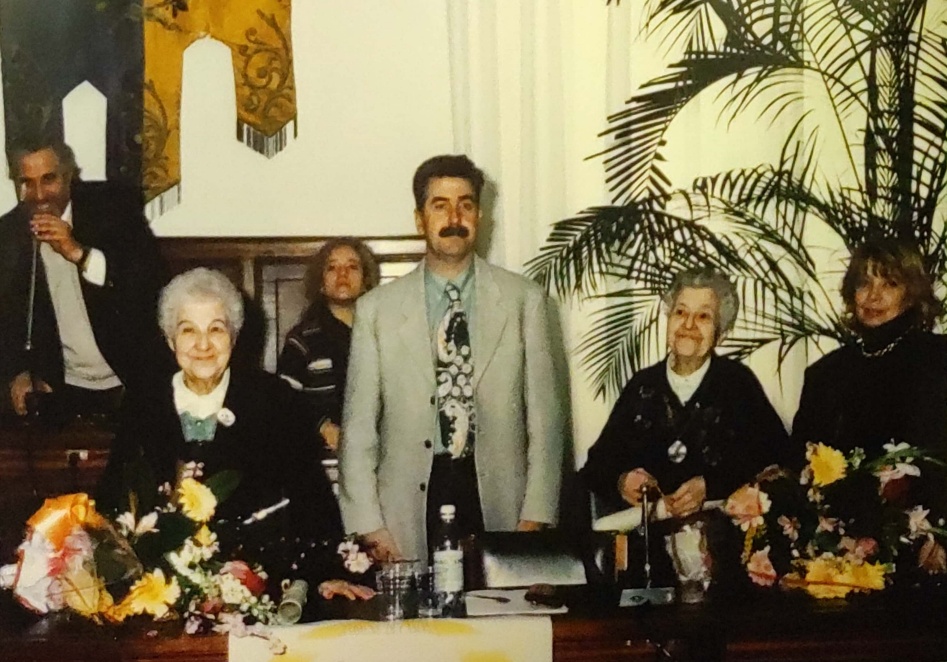Indeed, despite the fact that the Fascist system of control and repression relegated her to a role of subalternity and inactivity in relation to her husband, it was Elvide Gelli who represented a constant point of reference to political antifascism and women’s emancipation in the home, as emerged from their recollections: “My mother Hedwig, but we called her Elvide, was a courageous woman with a strong personality, and we can say that both Sparta and I followed into her footsteps in the following years”. “The Carnival, the school, the World War years, the socialism, the beginning of fascism, my father being a socialist… and my mother too, but of course, being a working-class illiterate woman, she did not militate, but from her I learned how to transmit “ideas orally”. “She was always very controversial with my father, especially politically, but she was very committed to running the family well. She was the administrator of our home and educated us free such as in the tradition of Tuscany and the Ligurian town where I was born”.
Since they were young girls, the sisters had a free education that was also reflected in their readings, ranging from Hugo, Tolstoy, Manzoni to the writings of Marx, from the study of history to reflections on the present through readings of leaflets and newspapers reporting news about Fascist Italy. “The subject I liked the most was history, especially because a lot of attention was given to the Revolution and therefore to the French Republic. I felt very revolutionary, because in Italy I had known a couple who had been in Moscow, so I had heard about the Revolution of the Soviets, about Lenin and that this had been made by the workers and the sailors. I didn’t understand why my socialist father partly shared ideas of the Russian Revolution, while he also told us a lot about the French revolution. Maybe because of things he heard in Italy, which convinced him more. More and more I was on the side of my mother who said: ‘You say you are revolutionaries, socialists, but at home, with your wives, with your little children, you do not behave well, because often you act as the “masters’’: my mother’s words became concrete facts”.
In the accounts of the two sisters, the days of French adolescence were punctuated by reading, classical music, tailoring work and political activity; with thoughts always turned toward Italy – “the emigration groups managed to get the Avanti, L’Unità, or some small-format anti-fascist leaflets made of tissue paper. They were so valuable because they brought us news from our Italy, but also reports of books written by political exiles” – the two women became close to the trade unions and trained in the Parisian political climate. “As we both worked, we joined the French trade union, the CGT, attended labor and neighborhood meetings. […] I had picked up a pamphlet by Marx, read it, but certainly did not understand much about it”. In solidarity with the French people they participated against the attempted coup d´état by the Croix de feux in 1934: “Fascists in France were not supposed to gain a foothold”.

